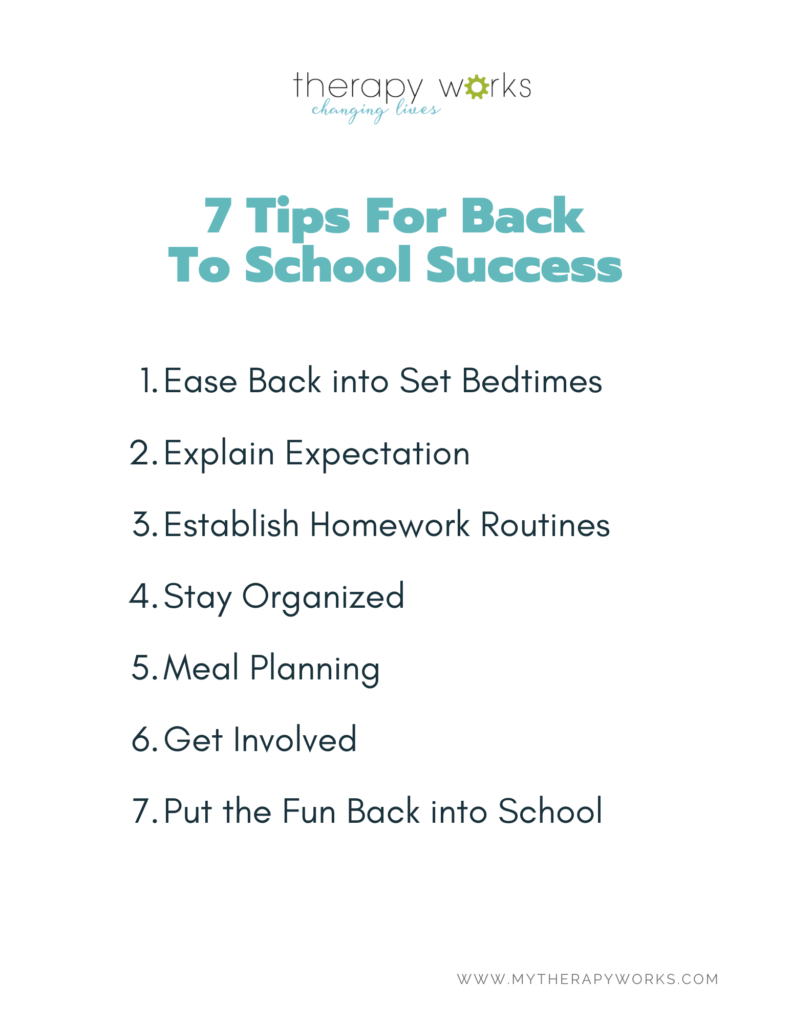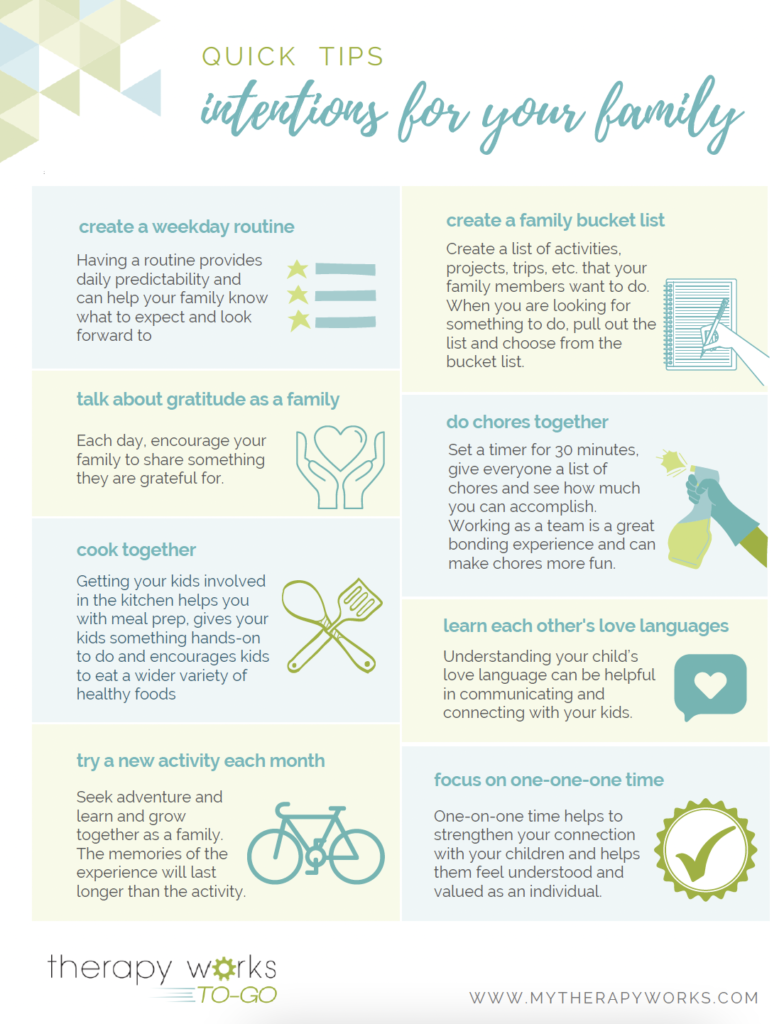Changing Lives

TherapyWorks For Parenting
As a parent you want the best for your children. With hundreds of recommended parenting books, websites, apps and other easily accessible resources at the modern day parents fingertips, there is an overwhelming tone set forth about the “how-to” of being a great parent and nurturing the bond you have with your children. Unfortunately, parents can lose their ability to develop a healthy genuine bond in an all out attempt at being the best. Our therapists put together some useful insight and tips for healthy parenting.
Frequently Asked Questions About Parenting
Helpful Articles
If school refusal behavior lasts more than two weeks, it is important to seek treatment for the child to prevent the development of more serious emotional and academic problems. The following steps should be considered:
- Meet with the child’s teacher and discuss his or her view of the problem and its causes.
- Ask the school psychologist to assist with the assessment of the situation. He or she may interview the child and administer one or more assessment questionnaires to determine the causes and recommend a treatment plan.
Depending on the diagnosis, the treatment may include any of the following:
- Medication to treat an underlying anxiety disorder or depression
- Relaxation training
- Positive reinforcement for gradually returning to normal school attendance
- Individual counseling to explore feelings about negative situations at school
- Training to develop social and problem solving Skills
- Parent training to deal effectively with negative behaviors and to reward positive behaviors.
- Family counseling to help the family manage conflict and communicate effectively
Downloadable Resources
Whenever you’re ready, here are ways we can help:
- Schedule an appointment – Schedule Now
- Try virtual counseling from home – Learn about telehealth
- Get to know our therapists – Meet our team!
- Share this with someone – Just send them this link
- Let’s Chat! Simply reply with an email. One of our team members will personally respond – Email us
- Join our email list – sign up here
Contact
Email: hello@mytherapyworks.com
LOS GATOS OFFICE
P: 408-508-6789
F: 408-399-8909
A: 334 Village Lane, Los Gatos, CA 95030
Click for Map
CAPITOLA/SANTA CRUZ OFFICE
P: 831-525-5000
A: 519 Capitola Ave. Suite A, Capitola, CA 95010
Click for Map
SCOTTS VALLEY OFFICE
P: 831-525-5000
A: 125 Bethany Drive, Bldg B, Suite 101, Scotts Valley, CA 95066
Click for Map


